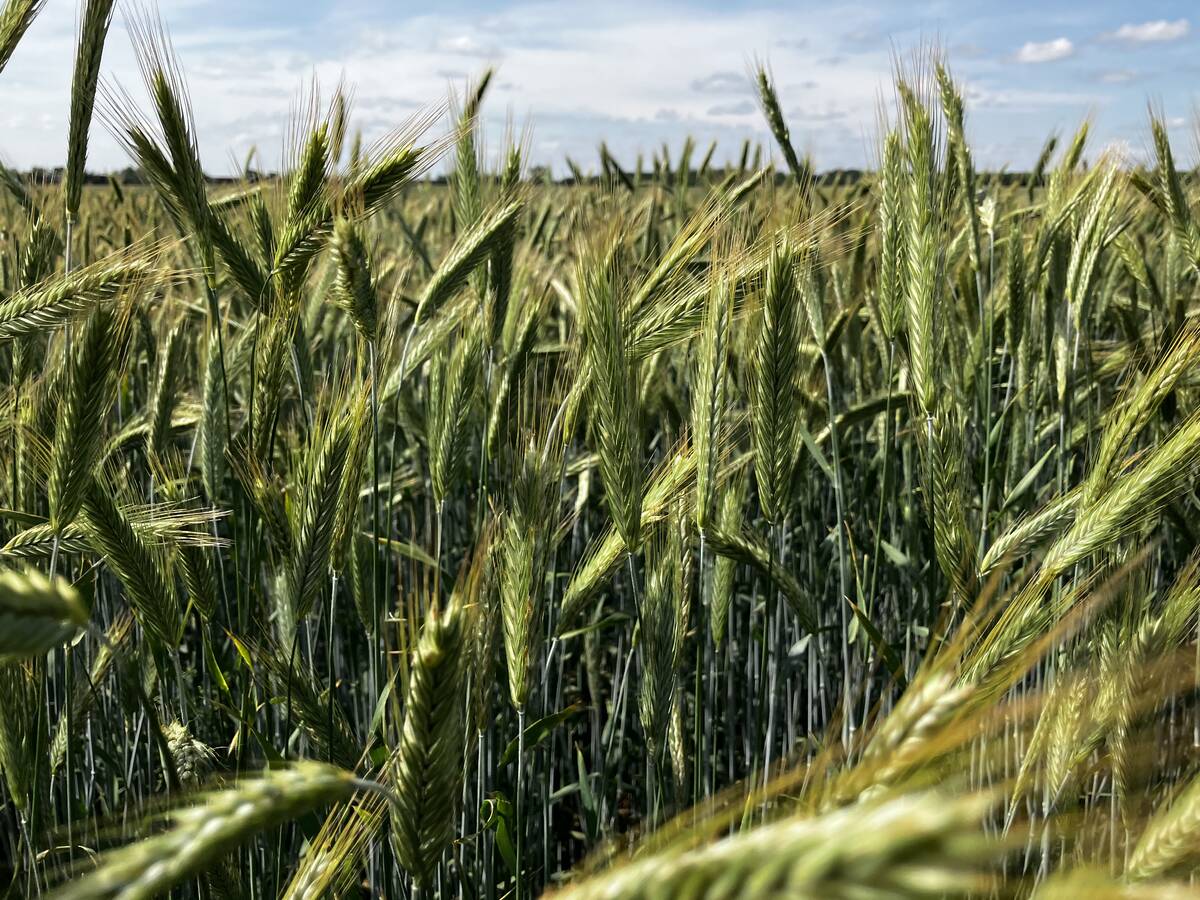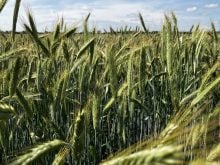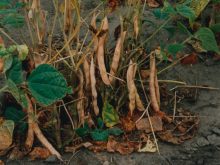United Grain Growers managed to hold its own in the first quarter of the 1999-2000 fiscal year.
The company last week reported a net loss of $5.19 million on sales and revenue of $347.2 million during the three months ending Oct. 31.
That’s virtually identical to the first quarter last year, when the company reported a net loss of $5.15 million on sales of $346.1, and ended the year with a net profit of $3.6 million.
UGG’s chief executive officer Brian Hayward said he is optimistic about the future.
Read Also

Keep it clean on pre-harvest chemical use
Canadian farmers urged to toe the line on pre-harvest pesticide application and market product restrictions to avoid grain marketing headaches.
“I think agricultural markets generally have probably seen their worst days,” he said. “I just don’t see a lot of potential downside when you get to some of the levels we’ve been at.”
Industry-wide, grain volumes are expected to be 20 percent higher this year and farm supply sales are expected to improve as markets do, he said, adding that the company is now further ahead of last year than it was Oct. 31.
A solid grain handling performance was the key to the first quarter result. Despite an industry-wide decline in grain shipments, UGG handled slightly more grain than it did in the first quarter last year.
“It would appear to us that we may have picked up some very modest level of market share,” said Hayward.
UGG moved 1.17 million tonnes of grain through its country elevators in the first three months of the crop year, up from 1.15 million tonnes a year earlier.
That increased volume, combined with improved margins and reduced expenses, generated grain handling earnings (before interest and taxes) of $6 million. That’s nearly double the $3.2 million earned a year earlier.
The grain results helped balance losses in sales of crop inputs like seed, fertilizer and chemicals.
Quarterly sales of crop inputs fell by 26 percent to a five-year low of $4.3 million, and the division recorded a loss of $8.5 million, versus $5.3 million in the first quarter last year. The company cited a number of factors for the big drop in farm supply sales.
- Farmers didn’t have a lot of money to spend on farm inputs this fall, and unfavorable weather conditions disrupted normal field activity.
- Debate about the future of genetically modified crops created uncertainty among farmers about variety selection and prompted some to put off purchasing seed.
- The acquisition of a number of local farm supply dealerships increased first quarter operating expenses. Those investments won’t produce significant revenue until the third and fourth quarters.
However, the company noted that first quarter sales of crop inputs traditionally account for about eight percent of annual volumes.
In its report to shareholders, UGG management emphasized its improved cash flow from operations, which was $1.06 million during the quarter, compared with a loss of $524,000 a year ago. That works out to a cash flow of five cents per share, versus a loss of five cents a share last year.
















